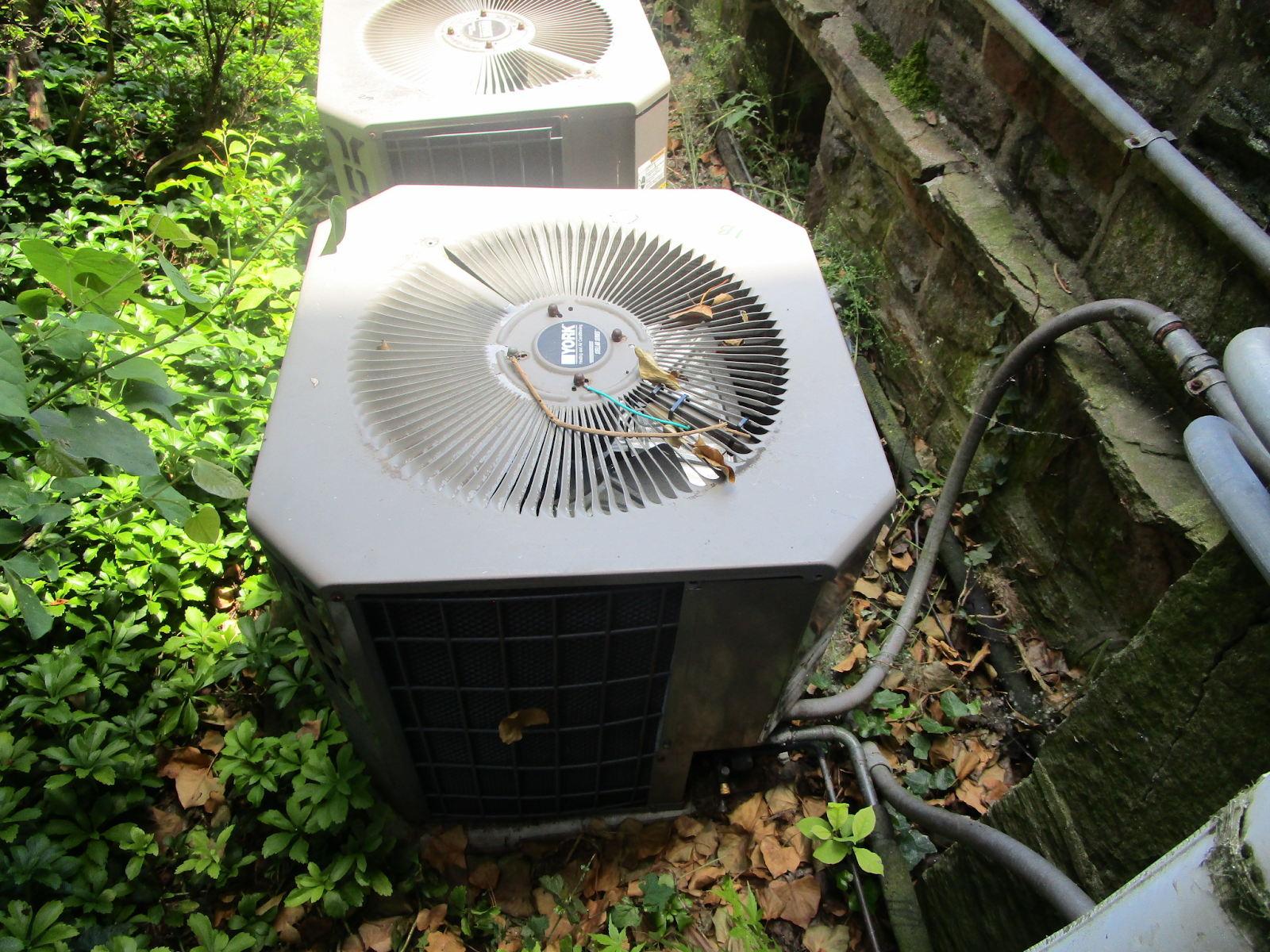Facilities Managers: Feeling the Pressure of Complex Projects?
You're juggling maintenance, compliance, upgrades, and budget constraints—all while keeping operations running smoothly. Sound familiar?
When project scopes grow and timelines shrink, even the most experienced facilities teams can find themselves stretched thin. That's where partnering with a qualified engineering firm that specializes in facilities can make all the difference.
From feasibility studies and infrastructure assessments to design, implementation, and commissioning—we help you take the guesswork out of your projects. Our expertise means fewer surprises, smoother coordination, and solutions that actually work in real-world environments.
Stop putting out fires. Start building with confidence.
💡 Let's talk about how we can support your next facilities project.
#FacilitiesManagement #EngineeringSolutions #FacilitiesEngineering #ProjectSupport #FacilityUpgrades #OperationalExcellence







































